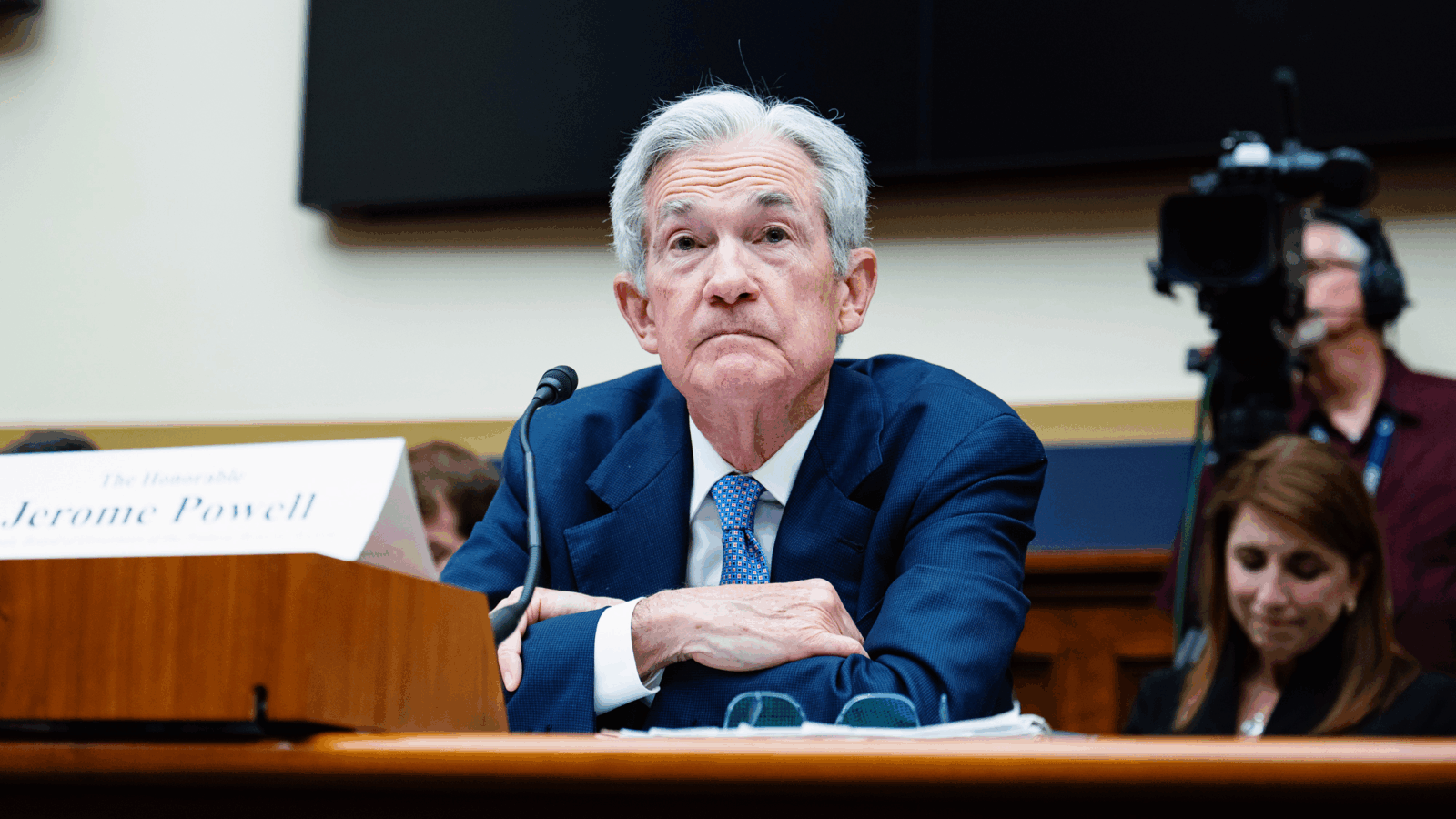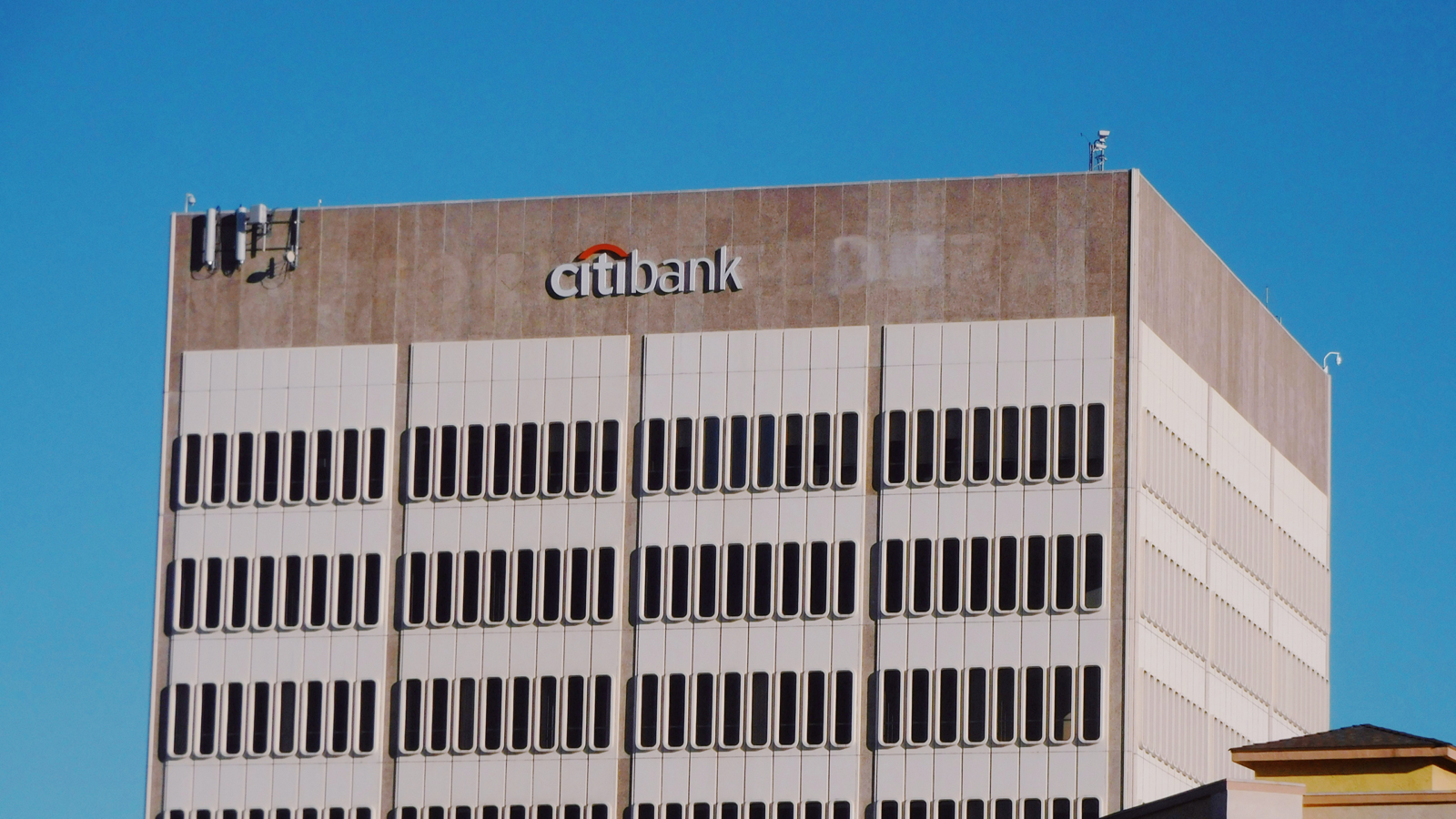Fed Majorly Backtracks on Proposed Bank-Capital Hike
The proposal to hike holdings for the biggest lenders to buttress market shocks was sliced more than in half.
Sign up for smart news, insights, and analysis on the biggest financial stories of the day.
Last year they were scolded, and now big banks likely feel emboldened after great news about their holdings.
US regulators are massively scaling back on plans to raise capital requirements for the country’s banks: The proposal to hike holdings for the biggest lenders to buttress market shocks was sliced in more than half, Fed vice chair for supervision Michael Barr announced Tuesday.
Know When to Hold ‘Em, Know When to Lobby ‘Em
Last year’s joint proposal by the Fed, the Federal Deposit Insurance Corporation, and the Office of the Comptroller of the Currency to hike capital holdings requirements for America’s eight largest banks by 19% was met with one of Wall Street’s fiercest DC lobbying campaigns in recent memory. It also left Fed officials at loggerheads: Fed Govs. Michelle Bowman and Chris Waller both said the plan needed changes and expressed worries, shared by the industry, that it would make the country’s banks less competitive, hurting performance and profitability. Under the revised proposal, the eight big banks — which include Bank of America, Citigroup, Goldman Sachs, JPMorgan Chase, and Wells Fargo — would face a 9% increase in the capital they must hold as a cushion against financial shocks.
The proposal is in line with the Basel III accord, an international framework hammered out after the 2008 global financial crisis that’s meant to stop another run of potential bank failures. The updated version, however, will ease up on more than just the biggest banks:
- Barr, who unveiled the changes in a speech at the Brookings Institution, said other large banks impacted by the rule would see 3% to 4% increases in capital requirements. Banks would also have to recognize unrealized gains and losses on their securities holdings as part of regulatory capital requirements.
- Smaller banks — those with assets between $100 billion and $250 billion — will only have to recognize their unrealized portfolio gains and losses, and won’t be subject to the Basel III-related hikes.
Don’t Put Any Stock In It: Major bank stocks still took a tumble Tuesday, though that may have been a result of comments by JPMorgan President and COO Daniel Pinto, who told a conference that analyst expectations of the industry are “not very reasonable” and that income “will be lower” next year. His remarks came a day after Goldman Sachs CEO David Solomon said trading revenue is on pace to fall 10% in the current quarter. JPMorgan and Goldman shares were down 5.2% and 4.4%, respectively.












